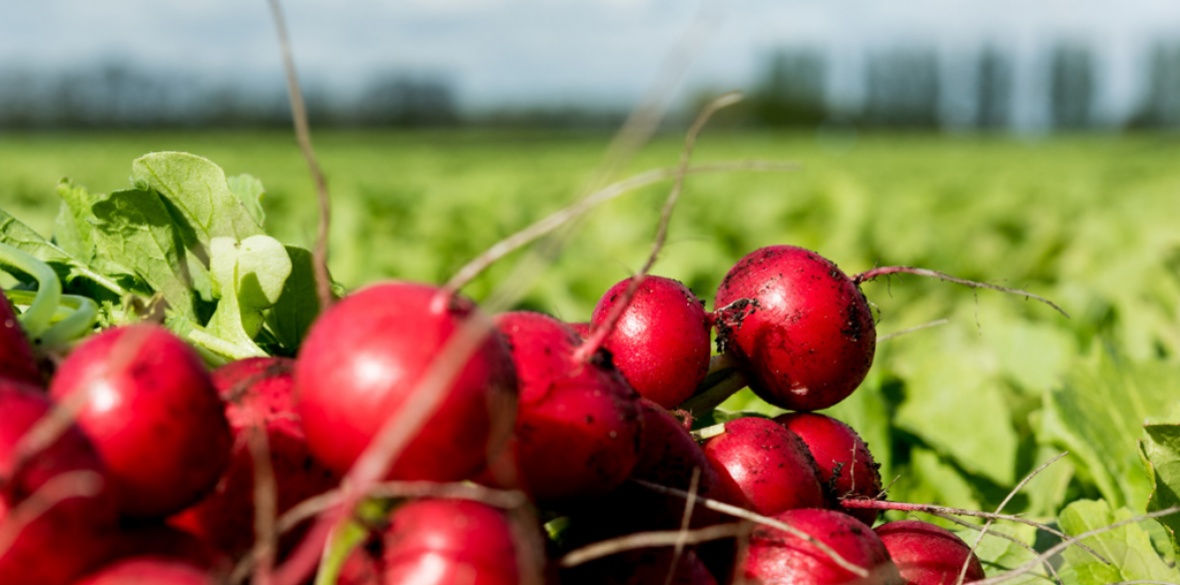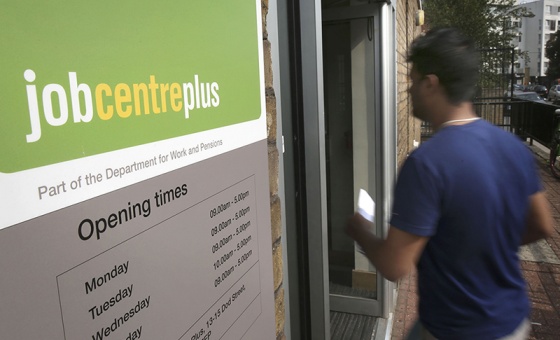This is the last article you can read this month
You can read more article this month
You can read more articles this month
Sorry your limit is up for this month
Reset on:
Please help support the Morning Star by subscribing here
RE-ESTABLISHING the Agricultural Wages Board, as Jeremy Corbyn has now pledged to do, is an essential measure for both tackling rural poverty and building a sustainable farming sector.
The policy forms part of Labour’s wider commitment to restoring sectoral collective bargaining across the British economy.
While less eye-catching than promises to renationalise the railways or boot private profiteers out of our health service, Labour’s commitment to collective bargaining is equally important.
Low pay is a crippling problem. And despite years in which Tory ministers like Iain Duncan Smith and Esther McVey have put the boot into the jobless, disabled and long-term sick with the excuse that they need to “make work pay” by attacking the social security system, the record of eight years of Conservative rule is quite the reverse.
Wages have suffered their longest squeeze since the Napoleonic wars, with the Resolution Foundation finding last year that even in 2022 average wages will be nearly £25 a week less than they were when the bankers’ crash hit in 2007.
Over two-thirds of children in poverty are from working households.
Conservative (and, prior to 2015, Liberal Democrat) policy is directly responsible for years of pay caps and below-inflation rises for public-sector workers.
Collective bargaining raises pay, and low pay in the agricultural sector is rife. The knock-on problems we have seen in urban areas are often exaggerated in rural ones.
It drives the migration of young people into the cities, hollowing out rural economies, leading to the closure of local shops, pubs and post offices. Villages are condemned to a slow death or turned into picturesque dormitories for people who commute long distances by car.
Of course, many farmers live in poverty too, and this points to the need to reform our entire agricultural sector rather than confine legislation to raising the pay of their employees.
Labour’s regional investment bank will be able to assist with the establishment of farming co-operatives that will increase the bargaining power of those who grow our food against the giant supermarkets.
Headlines in some publications have panicked over the impact on farming of our departure from the European Union, but the Common Agricultural Policy — aside from the devastating impact its farming subsidies have had on farms in developing countries — has not been especially beneficial for Britain.
Shadow farming and rural affairs minister David Drew has pointed out that it was not designed with Britain’s tenant farming model in mind, meaning subsidies often go to unproductive landowners rather than food producers.
Perverse results include the way Daily Mail editor Paul Dacre has claimed hundreds of thousands of pounds in CAP subsidies for his extensive shooting and stalking estates.
Environment Secretary Michael Gove has responded to fears that the influx of European seasonal workers to British farms is at risk by talking of reintroducing a seasonal agriculture workers scheme, and government schemes to encourage youth exchanges and work placements are no bad thing.
But decent pay for agricultural workers and reform of the benefits system (so people who might seasonally work in the countryside do not put their council house or universal credit at risk) would surely see more British workers decide to take seasonal jobs on farms and learn useful skills in the process.
The whole could lead to a revitalisation of British agriculture, a step along the road to a future where we grow more of our own food and do not depend so heavily on imports whose transport to our shores is so bad for the environment.
Restoring the Agricultural Wages Board may seem a minor matter, one that will only affect a small minority of workers. But it could be part of something much bigger.












